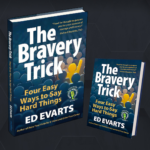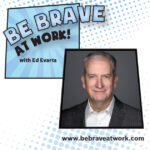
by Ed Evarts | Jan 15, 2021 | Drive Your Career
As I work to improve my skills as a coach, there is a suggested best practice that if a coach can relate an experience that a client finds stressful, to an experience that is typically less stressful, the client will understand their stressful situation more clearly....
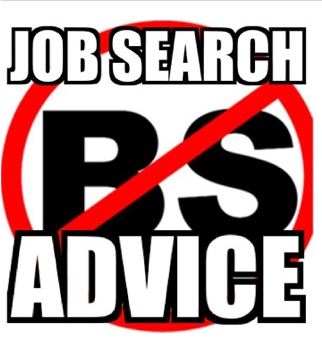
by Ed Evarts | Oct 14, 2020 | Interviews
Ed joins Jeff Altman on the No B.S. Job Search Advice podcast to talk about “Starting a New Job: Ideas for Launching in Your New Role.” Jeff Altman, The Big Game Hunter is a coach who worked as a recruiter for what seems like one hundred years. His work...
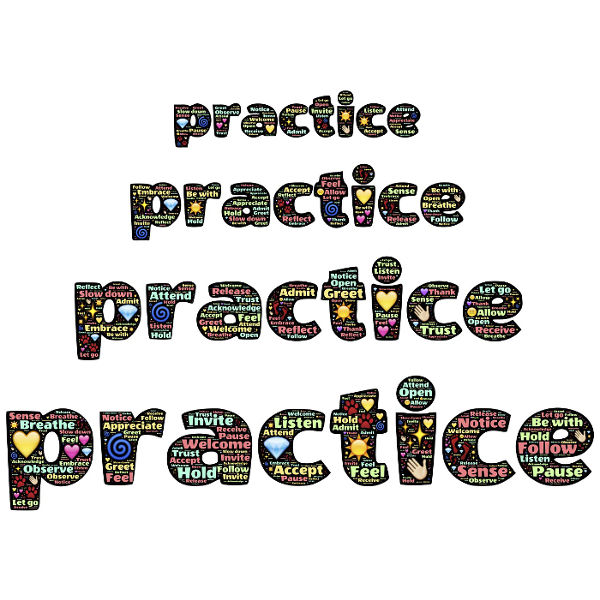
by Ed Evarts | Mar 3, 2020 | Introduction, Visibility and Value
How comfortable are you when introducing yourself to others? One characteristic of effective Introducers is that they are naturally comfortable introducing themselves. It could also be that they have mastered the ability to diminish any short-term discomfort that...
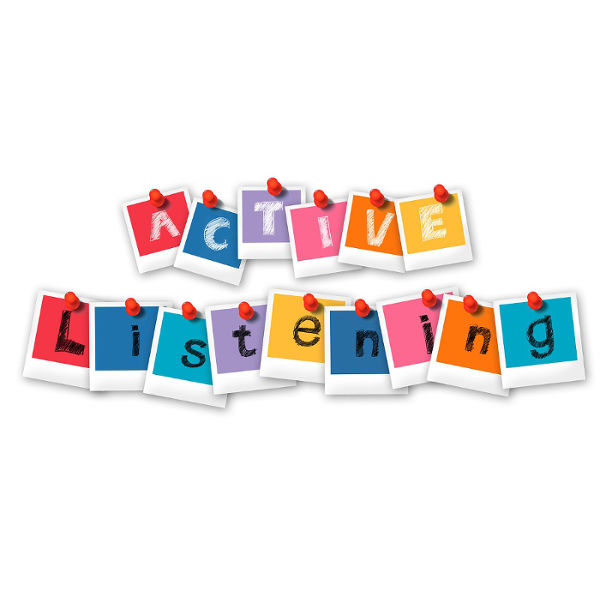
by Ed Evarts | Feb 27, 2020 | Introduction, Visibility and Value
Introducers introduce themselves with energy, clarity, and confidence. Why reinvent the wheel? Let’s take a cue from our Introducer colleagues and practice some of the behaviors they weave into their introductions that make Introducers so effective when connecting...

by Ed Evarts | Feb 25, 2020 | Introduction, Visibility and Value
Have you ever noticed that there are some colleagues who just seem to have a talent for remembering names? Do you covet their secret? Have they bought a DVD on the Home Shopping Network to build their memory skills? Do they picture a boat when they meet Bob and a...









